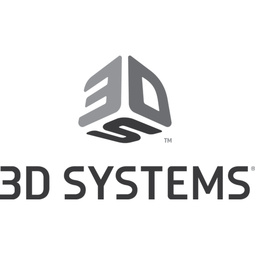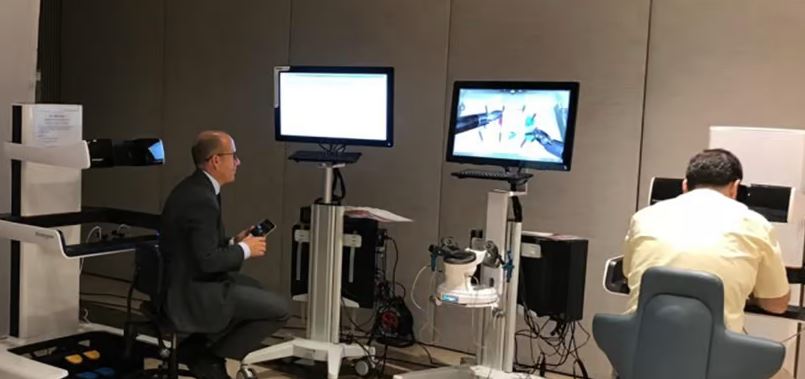3D Systems
Case Studies
Implementing Robotic Surgery Training Simulator for Enhanced Surgical Proficiency
Overview
 |
Implementing Robotic Surgery Training Simulator for Enhanced Surgical Proficiency3D Systems |

|
Analytics & Modeling - Digital Twin / Simulation Analytics & Modeling - Virtual & Augmented Reality Software | |
Education Healthcare & Hospitals | |
Procurement | |
Virtual Reality Virtual Training | |
System Integration Training | |
Operational Impact
| The implementation of the RobotiX Mentor has played a significant role in the successful training of surgical residents at Fundacio Puigvert. The simulator's wide variety of modules has allowed for the progressive acquisition of skills, confidence, and proficiency needed to perform in the operating room. The ability to both quantify and qualify different aspects of their training has enabled the institution to better assess whether or not the residents are ready to perform robotic surgery. The simulator has also allowed residents to practice skills and procedures on their own time without having to schedule an operating room or have attendings be present, thereby increasing the efficiency of the training process. | |


